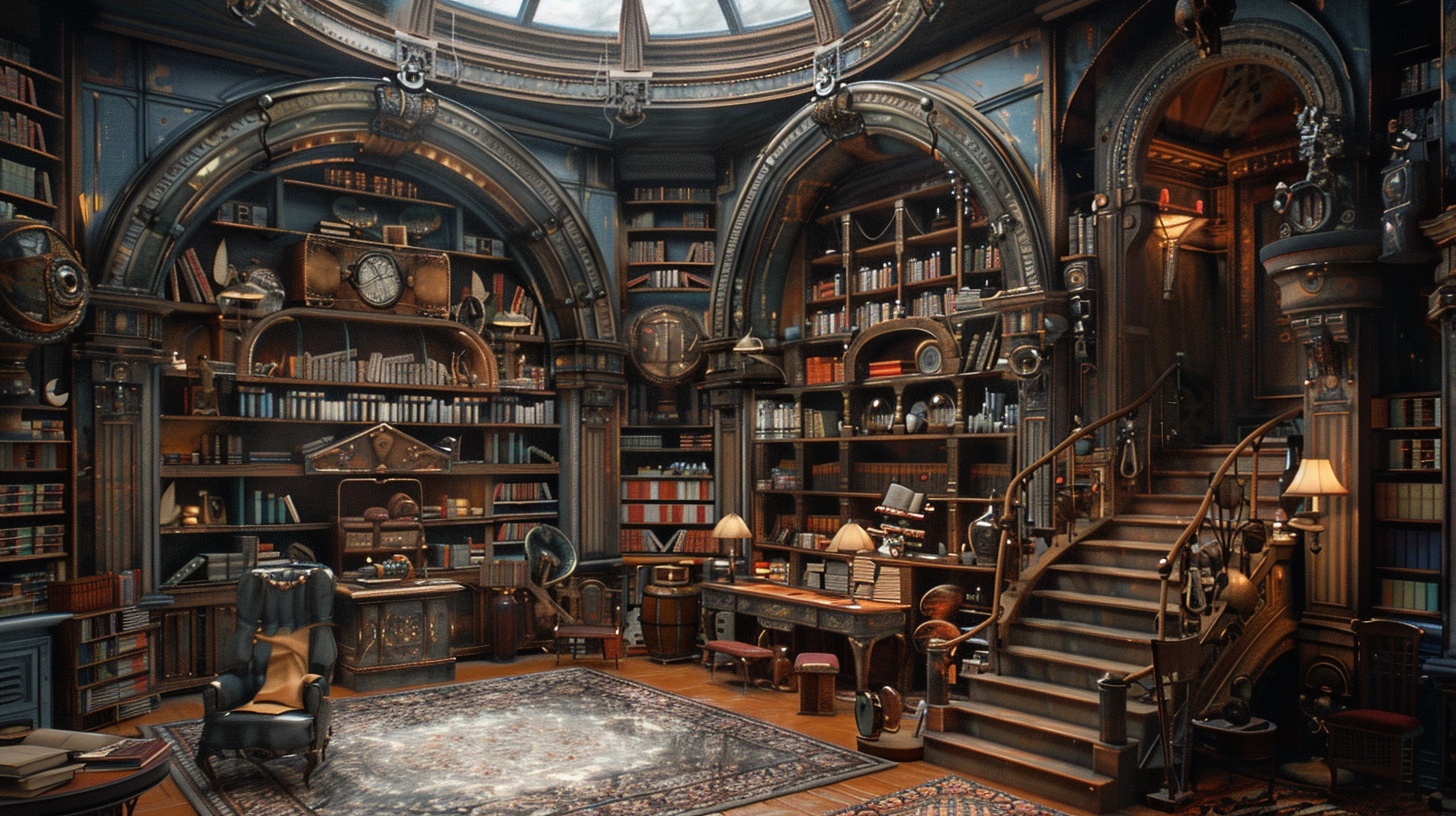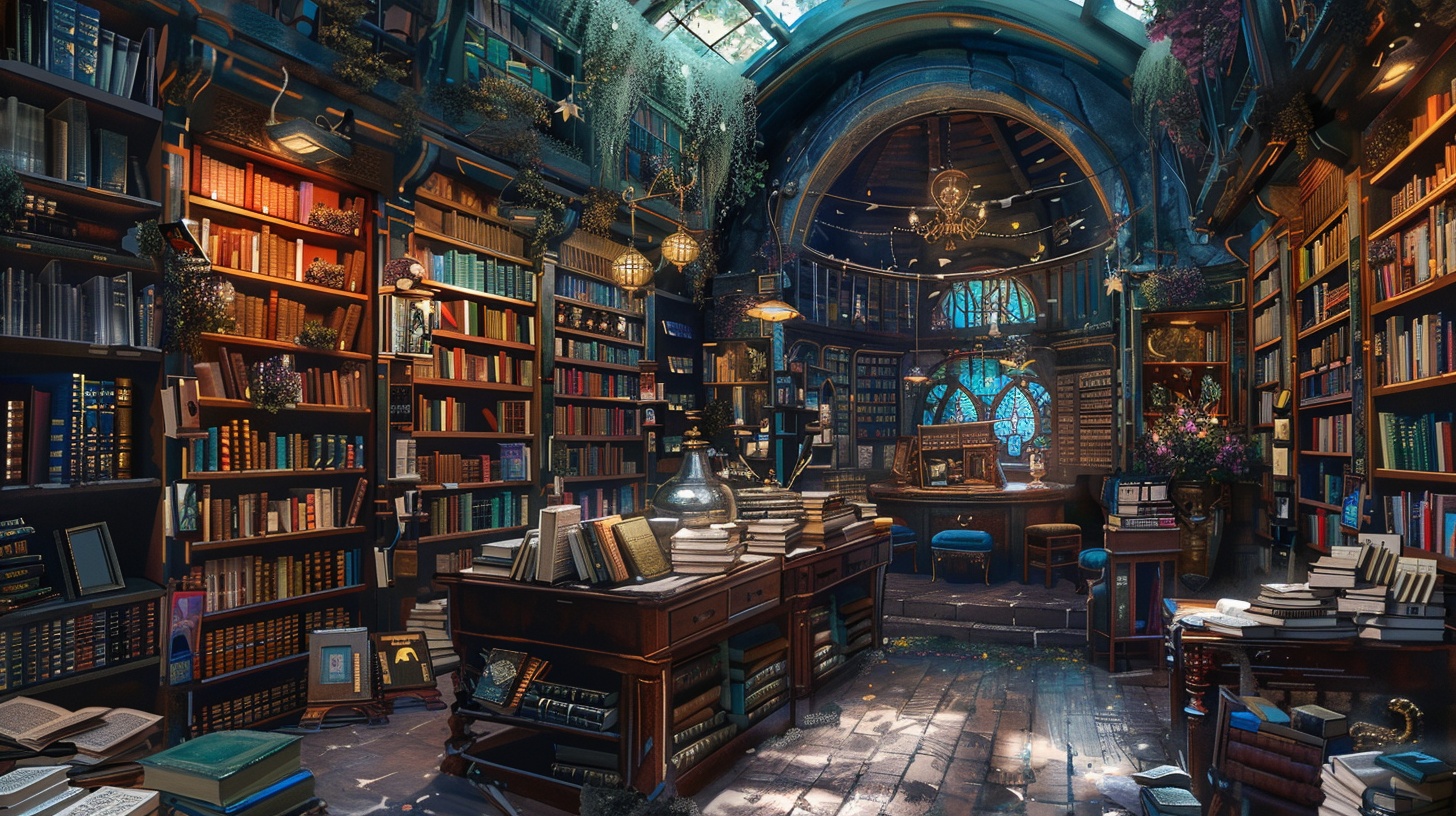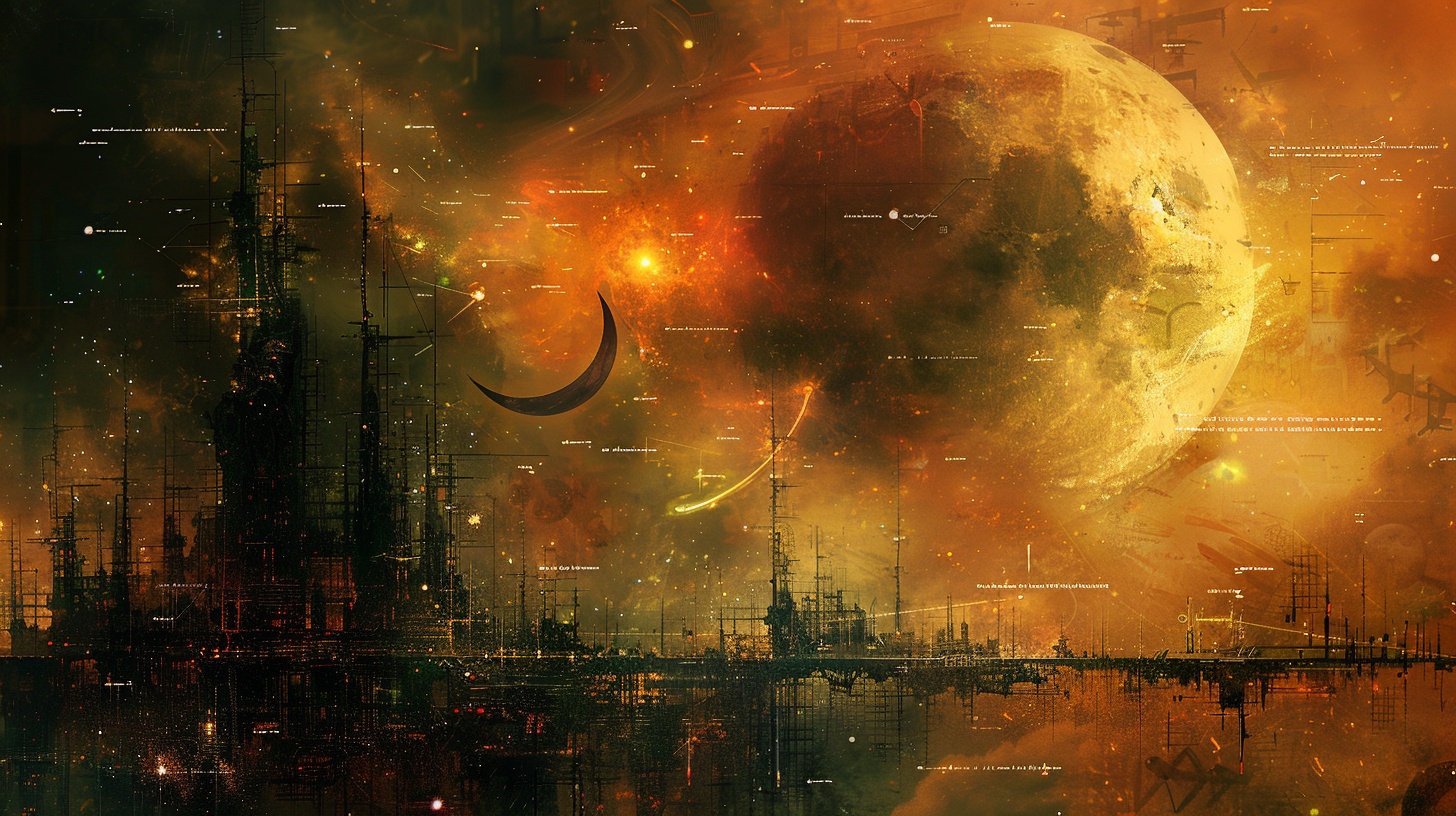
They Wrote What?
I stumbled on a comment the other day where someone bragged about never touching a novel, claiming that fiction is nothing but a waste of time. They were adamant that anything fiction offers could be learned more directly elsewhere.
I couldn’t disagree more. Let’s explore why fiction is far from a trivial pursuit, and why we can’t dismiss fiction.
Why Fiction Matters

Labeling fiction as just make-believe stories misses the point. It’s like calling a gourmet meal just food. Sure, fiction is made up. I mean… yes, and? Using that as an argument against it is pretty weak. “Made up” or not, fictional stories journey into the deepest corners of human experience.
So, why does fiction matter? Here are ten reasons.
- Walking in Others’ Shoes: Fiction lets readers live countless lives, understand diverse perspectives, and navigate the complexities of different characters. It’s one thing to be told how someone feels or what someone did. But experiencing that through the medium of fiction makes it personal, visceral. There’s a ton of research backing up how fiction readers end up being more empathetic. It’s about seeing the world through someone else’s eyes and getting why they feel the way they do.
- Igniting Creativity: Diving into fictional worlds is a creativity booster. It pushes the imagination to its limits, sparking ideas that can solve real-world problems. There’s a clear link between enjoying novels and being more creative and open to new experiences.
- Sharpening the Brain: Tackling the twists and turns of a good plot is like a workout for the brain. It hones critical thinking and analytical skills, making you better deciphering complex situations, not just in the story but in real life, and this boost continues on for a while after you’ve finished reading fiction. Keep it up, though! Read consistently to keep this benefit going.
- Cultural Exploration: Fiction is a backstage pass to different cultures and historical eras, offering insights and awareness that are hard to come by elsewhere. It’s like a time machine, providing a deeper grasp of various societies and their histories.
- Language Mastery: Regularly reading fiction can seriously amp up your language and communication game. The rich narratives and diverse vocabulary found in fiction enhance your ability to express thoughts and connect with others effectively.
- Mental Escape Hatch: Fiction is a sanctuary for the mind, offering a break from the stress and monotony of daily life. It’s not just an escape; it’s a way to recharge and improve mental well-being.
- Moral Gymnasium: The ethical dilemmas and life lessons woven into fiction offer a playground for exploring complex moral questions in a nuanced way. It’s about wrestling with right and wrong in a safe, contemplative space.
- Fun: Let’s not forget, fiction is downright enjoyable. It’s a source of pleasure and entertainment, enriching our lives with stories that thrill, move, and inspire.
- Building Communities: Fiction draws people together, creating communities where fans can share, debate, and geek out over their favorite stories. It’s about connecting with others who get just why that plot twist blew your mind. I love talking to other readers about books we’ve loved and the stories within.
- Resilience and New Perspectives: Fictional tales of struggle and triumph can be incredibly motivating. They offer fresh perspectives on tackling life’s hurdles, showing that obstacles can be overcome, often in ways we might not expect.
Making the Case for Fiction

Saying fiction is a waste of time overlooks so much! Fiction is a cornerstone of cultural and intellectual life, offering insights into the human condition that are hard to replicate elsewhere. It’s a powerful tool for growth, understanding, and connection. Ignoring its value to your own detriment; you’ll be turning your back on an incredible source of wisdom, pleasure, and inspiration. It’s anything but a waste of time—it’s a vital part of our journey to understand the world and ourselves.
While I don’t have the space here to drop links, I’d encourage anyone curious to check out the swath of studies and discussions on the benefits of fiction. Look into publications from the fields of psychology, literature, and education to see just how fiction molds our brains, hearts, and societies.
(If you’d like to read my fiction, check the links to the right! You’ll find links to two free short stories, my novels, my Patreon, and more.)
“I would be most content if my children grew up to be the kind of people who think decorating consists mostly of building enough bookshelves.” ~ Anna Quindlen








